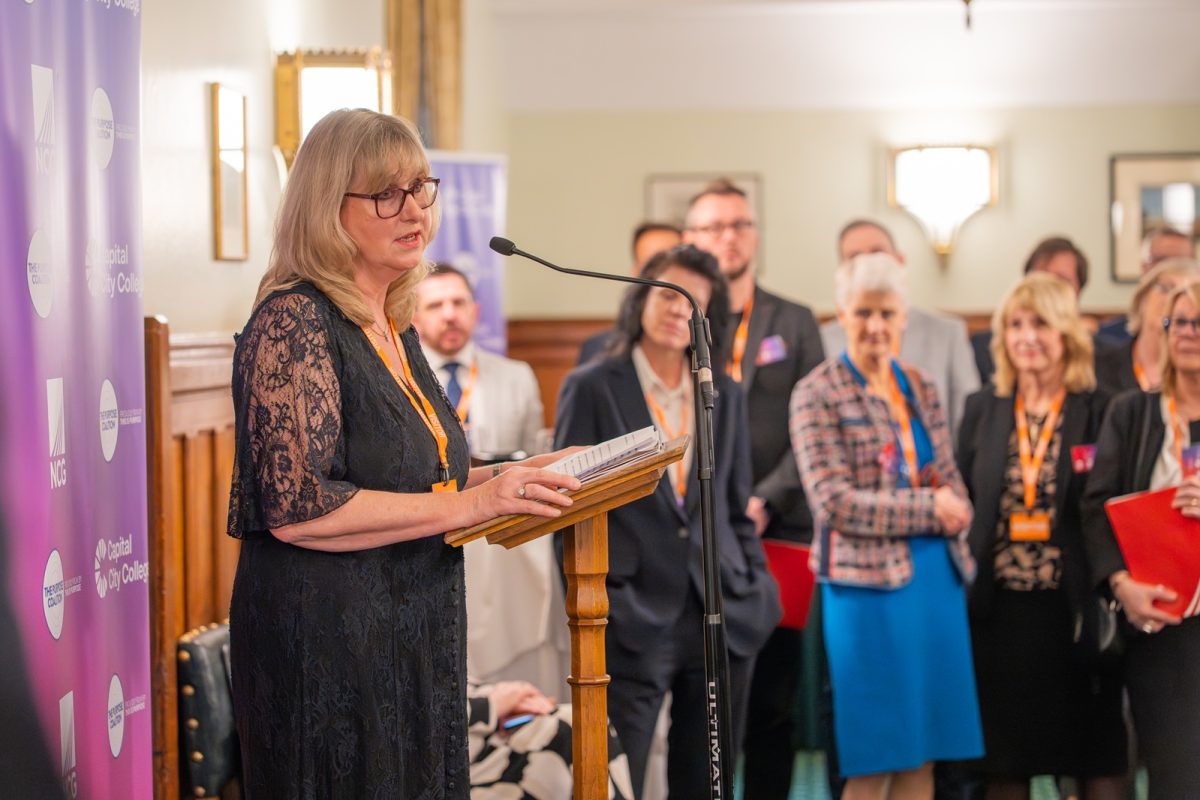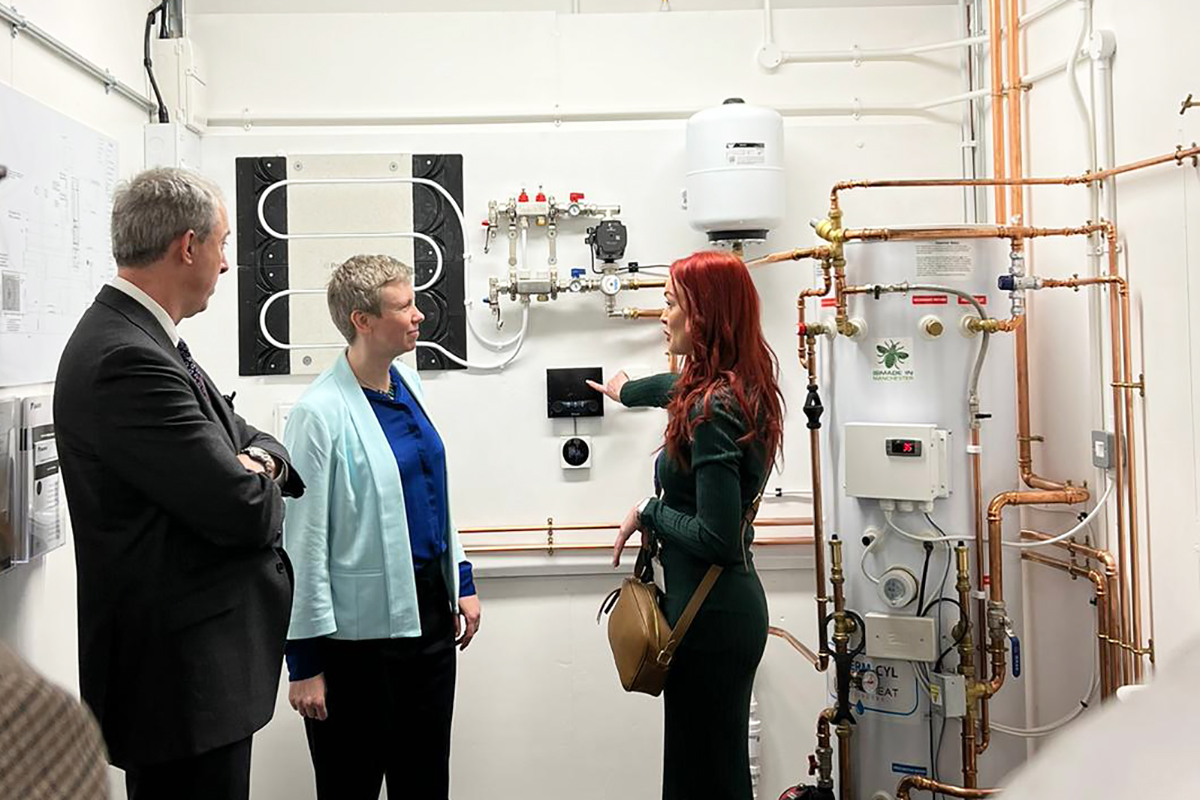UK Government must prioritise energy and utilities skills if it is to meet ambitious net zero targets

Energy and Utility Skills (@EUSkills) launches Workforce Renewal & Skills Strategy 2020 – 2025
The energy and utilities sector will play a crucial role in delivering Government’s net zero targets. However, the sector is facing immediate skills challenges and will require 277,000 skilled people by 2030. The Energy & Utilities Skills Partnership needs a clear Government commitment to support the development of new skills in the sector that will underwrite the delivery of the recently announced 10-point plan.
The ambitious 10-point plan announced by the UK Government, to underpin the green revival in jobs and infrastructure, provides a welcome sense of direction and purpose. But delivery will depend on generating the right skills. Offshore wind generation, increasing use of hydrogen in homes and businesses, the nationwide roll out of millions of heat pumps, lacing the land with electric vehicle charging points, carbon capture and nuclear power ambitions all depend on the energy and utilities sector. The bold 10-point plan can only be delivered with an investment in generating the right skills rapidly.
The Energy & Utilities Skills Partnership (EUSP) a collaboration of 30 major organisations in the sector, has come together with a mandate to ensure the safe, skilled and sustainable workforce needed to deliver essential services to over 67 million homes, and to meet net zero targets. The energy and utilities sector has always been of critical importance to the country. Throughout the recent pandemic, the lights have stayed on, homes heated, and clean water and waste management provided, and the sector will play an equally central role in achieving the net zero targets, providing many thousands of green jobs for decades to come.
The EUSP published the Workforce Renewal & Skills Strategy 2020-2025 in June which acknowledges the rapidly changing landscape that includes Net Zero Carbon targets, the impact of COVID-19, exiting the European Union and potential policy divergence between the UK Government and the devolved administrations. Among other things, the strategy highlighted the importance of collaboration across the UK, investment in industries that are of strategic importance to Government priorities and a drive to improve diversity and inclusion in the sector.
As we look to the future and think about the opportunities to build back greener, there are real positives, some challenges to overcome together and choices to make. The 10-point plan, which sets out to deliver 250,000 green jobs in the next decade, is rightly ambitious. But it cannot be achieved without ensuring that the right skills are in place and that need is pressing. It is imperative that adult education, wider skills development and apprenticeship funding is targeted effectively at those areas that will deliver these crucial green jobs in time to meet the Government’s net zero timeline.
Phil Beach CBE, Chief Executive of Energy & Utility Skills, comments:
“The Energy & Utilities Skills Partnership will be in the vanguard of delivering Net Zero Carbon targets. Green jobs are an essential part of achieving this ambition and must be given high priority. We would urge Government and the Green Jobs Taskforce to explore all possible avenues to focus training, skills development and funding in those sectors that will make the delivery of net zero a reality. We ask Government to work with devolved administrations, regulators and key stakeholders to ensure a coherent approach to meeting this skills challenge. By working together, we can ensure a highly skilled, safe and productive workforce that will be needed to meet these bold ambitions.”











Responses